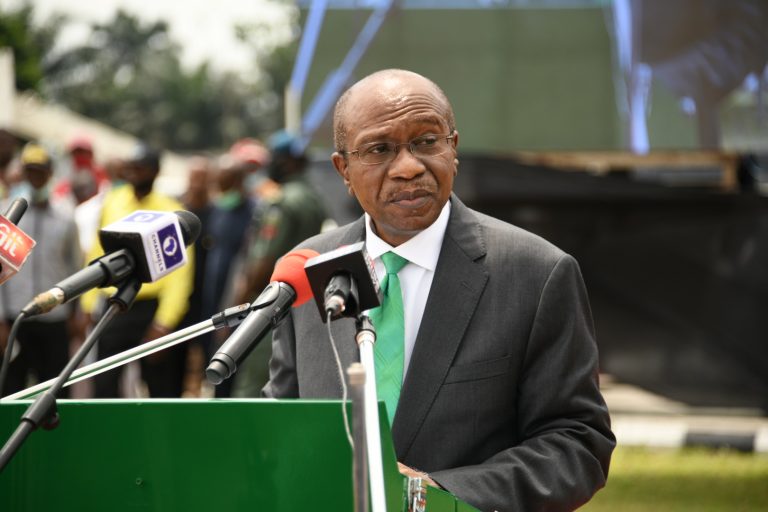Management of the Central Bank of Nigeria (CBN), on Wednesday said it has finalized arrangements to begin circulation of newly redesigned and printed series of the N100, N200, N500, and N1,000 banknotes, for which it sought and obtained the approval of President Muhammadu Buhari, from December 15, 2022.
Godwin Emefiele, Governor of the CBN, who announced this at a virtual press briefing, explained that the approval is in line with Sections 19, Subsections a and b of the CBN Act 2007, and follows the significant increase in “the rate of counterfeiting, especially at the higher denominations of N500 and N1,000 banknotes” in recent times.
Besides this, he noted that although global best practice is for central banks to redesign, produce and circulate new local legal tender every five to eight years, “the Naira has not been redesigned in the last 20 years.”
Information available on the cenbank.org, the CBN’s official website shows that while the ₦20 was issued for the first time in polymer substrate on February 28, 2007, as part of the economic reforms, followed by the ₦50, ₦10 and ₦5 banknotes; the ₦1 and 50 kobo coins reissued in new designs, and the ₦2 coin introduced. The redesigned ₦50, ₦10 and ₦5 banknotes were converted to polymer substrate following the successful performance of the ₦20 (polymer) banknote on September 30, 2009. Consequently, all lower denomination banknotes were printed in the polymer substrate.
The CBN Governor noted that counterfeiting is one of the primary challenges associated with the management of the Naira, lamenting the increasing ease and risk of faking as evidenced by several security reports. He called attention to recent developments in photographic technology and advancements in printing devices which have made faking relatively easier. Others, he noted, are the significant hoarding of banknotes by members of the public, with statistics showing that over 80% of currency in circulation are outside the vaults of commercial banks; and the worsening shortage of clean and fit banknotes with attendant negative perception of the CBN and increased risk to financial stability.
“Indeed, the integrity of a local legal tender, the efficiency of its supply, as well as its efficacy in the conduct of monetary policy are some of the hallmarks of a great central bank,” he stressed.
Meanwhile, both the new and existing currencies, Emefiele explained, “shall remain legal tender and circulate together until January 31, 2023, when the existing currencies shall cease to be legal tender.”
He, therefore, urged all Deposit Money Banks currently holding the existing denominations of the currency to immediately start returning them to the CBN, as the newly designed banknotes “will be released to the banks in the order of First-come-First-serve basis.
“Customers of banks are enjoined to begin paying into their bank accounts the existing currency to enable them withdraw the new banknotes once circulation begins in mid-December 2022.”
Consequently, he urged banks to keep their currency processing centres open from Monday to Saturday “so as to accommodate all cash that will be returned by their customers.”
For the purpose of this transition from existing to new notes, he announced the suspension of bank charges for cash deposits with immediate effect, stressing that “no bank customer shall bear any charges for cash returned/paid into their accounts.”
He also urged members of the public not to reject the present banknotes as a means of exchange for purchase of goods and services, since they remain legal tender.







